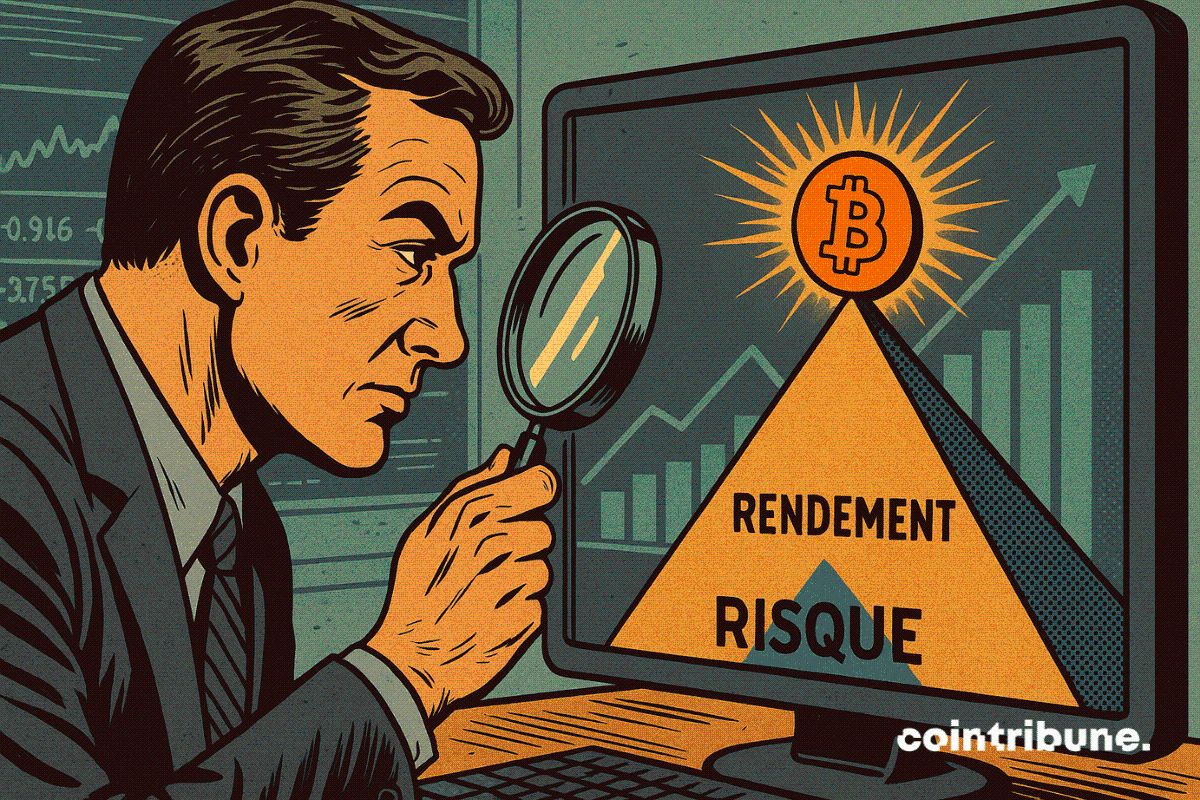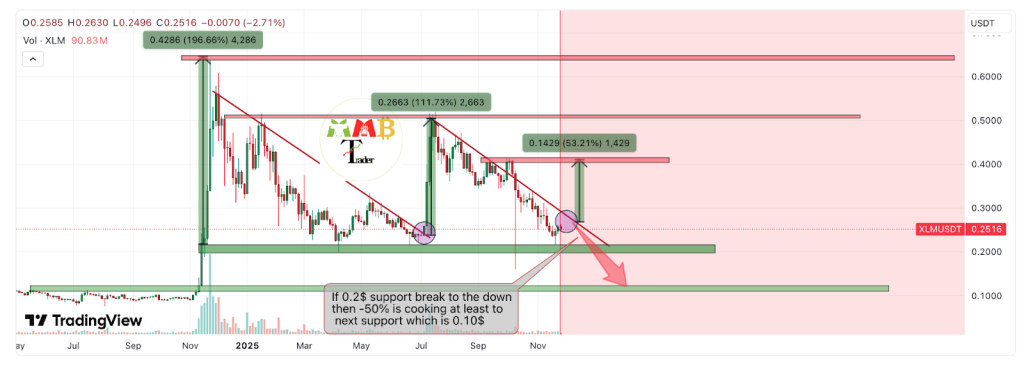Some market analysts warn that investors might be downplaying how serious President Donald Trump is about his latest tariff warnings.
In a recent policy announcement, President Trump declared plans to enforce a 30% levy on goods arriving from the EU and Mexico effective August 1.
Equity benchmarks in Europe showed only modest movement. In the session following Trump’s letter to Brussels, the Stoxx 600 edged lower by a mere 0.06%. It then dipped further by 0.4% the next day, with strategists attributing the downturn mainly to concerns over cooling expansion, following upticks in U.S. inflation.
This mild response is very different from the big drop in April.
Immediately after Trump revealed reciprocal duties , including a uniform 20% surcharge on European products, the benchmark slid 2.7 % on April 3, before tumbling an additional 5% and 4.5 % in the next two sessions, reports CNBC .
Are investors relying too much on the “TACO” strategy?
A key factor behind the current calm is the so‑called “TACO” strategy, an acronym for “Trump Always Chickens Out”, where traders operate on the expectation that these announcements serve primarily as negotiation ploys rather than concrete measures.
“When it comes to the most recent tariff threats, investors just aren’t getting worried,” said Michael Field, who serves as Morningstar’s strategist for European markets. He said that investors believe these tariff threats have just been negotiation tactics and haven’t become real policy
Some warn that this sense of security might be misguided.
“I don’t think the EU is going to give in as easily as Trump might hope,” said Anthony Esposito, CEO and founder of AscalonVI Capital.
Officials in the EU have noted advancements toward a Washington accord, while emphasizing that they are prepared to retaliate should their interests be jeopardized.
Kevin Yin, an investment vice president at Asterozoa Capital in Phoenix, suggests that Trump’s inclination to act may be stronger at present than in previous rounds.
He said that since U.S. markets are at record highs and not reacting to tariff warnings, Trump has more power to push his plan, making the 30% tariff more likely to happen.
Yet Yin also pointed out that climbing U.S. Treasury yields might ultimately compel the administration to take a more conciliatory approach.
The ongoing upswing for European equities may be vulnerable.
Year‑to‑date, the Stoxx 600 has advanced over 7%, Germany’s DAX has risen roughly 21%, and Italy’s FTSE MIB around 17%.
Field at Morningstar added, “Could tariffs kill the European bull run? It really depends on the level.” This is because a 10% tariff, like the one facing the U.K., would be a minor obstacle, but a 30% tariff could seriously slow Europe’s GDP growth for years.
Dan Coatsworth, an AJ Bell investment analyst, concurred that a complete 30% surcharge might dampen valuation growth.
“Europe has been such a strong performer this year thanks to investors looking for cheaper valuation,” he said.
However, certain economists point to mitigating factors.
Anthony Willis, a senior economist at Columbia Threadneedle, shared that the EU sends only about 18–20% of its exports to the U.S., so most of its trade won’t be affected by these tariffs. When the U.S. slaps tariffs on all its partners, many countries start seeking trade elsewhere.
In terms of market positioning amid this ambiguity, Esposito suggested that a 30% duty might place stress on a broad range of European assets.
If defense budgets keep growing, the ECB holds rates near 2%, and precious metals keep rising, then defense, financial, and mining stocks could outperform, he said. “From a trading perspective, I would be long precious metals and cautious on European and U.S. equities.”
Yin further mentioned that full implementation of these measures could trigger a selloff in U.S. government debt, even as bullion and domestic industrial stocks appreciate.
“European exporters such as auto equipment manufacturers could suffer,” he said.
Trump’s tariffs could hurt both the U.S. and Europe
German Finance Minister Lars Klingbeil spoke up on Wednesday, cautioning that Trump’s levies could be detrimental to the U.S. economy just as much as to Europe’s.
“Trump’s tariffs have only losers,” he said, as mentioned in a Reuters report, urging the U.S. to negotiate equitable terms.
Klingbeil characterized a 30% surcharge as transformative, one that could decimate significant portions of transatlantic trade and compel Europe to reassess its export‑driven approach.
Alongside his French counterpart Éric Lombard in Berlin, Klingbeil asserted, “We are experiencing global trade conflicts, and we are firmly and jointly convinced that European sovereignty is all the more important in these times.”
“If a deal is not possible, decisive countermeasures are needed,” he added. “Our hand remains extended.”
Cryptopolitan Academy: Tired of market swings? Learn how DeFi can help you build steady passive income. Register Now



